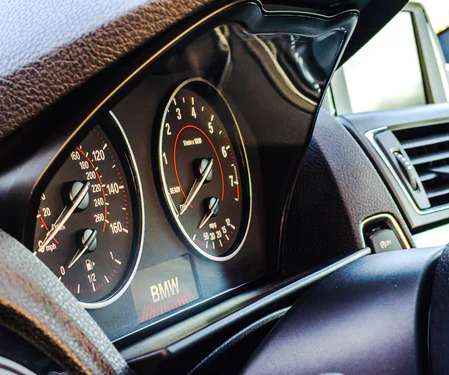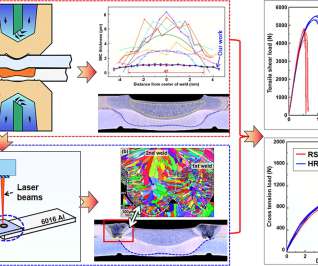GM investigating ultracap-based Active Energy Recovery Buffer as low-cost mechanism to improve conventional vehicle fuel economy
Green Car Congress
APRIL 14, 2011
GM is exploring the use of an ultracapacitor-based Active Energy Recovery Buffer (AERB) scheme as a low-cost means to improve fuel economy in conventional vehicles; results of a simulation study presented at SAE 2011 World Congress showed improvement of up to 1.3% liter engine and a six-speed transmission.




































Let's personalize your content